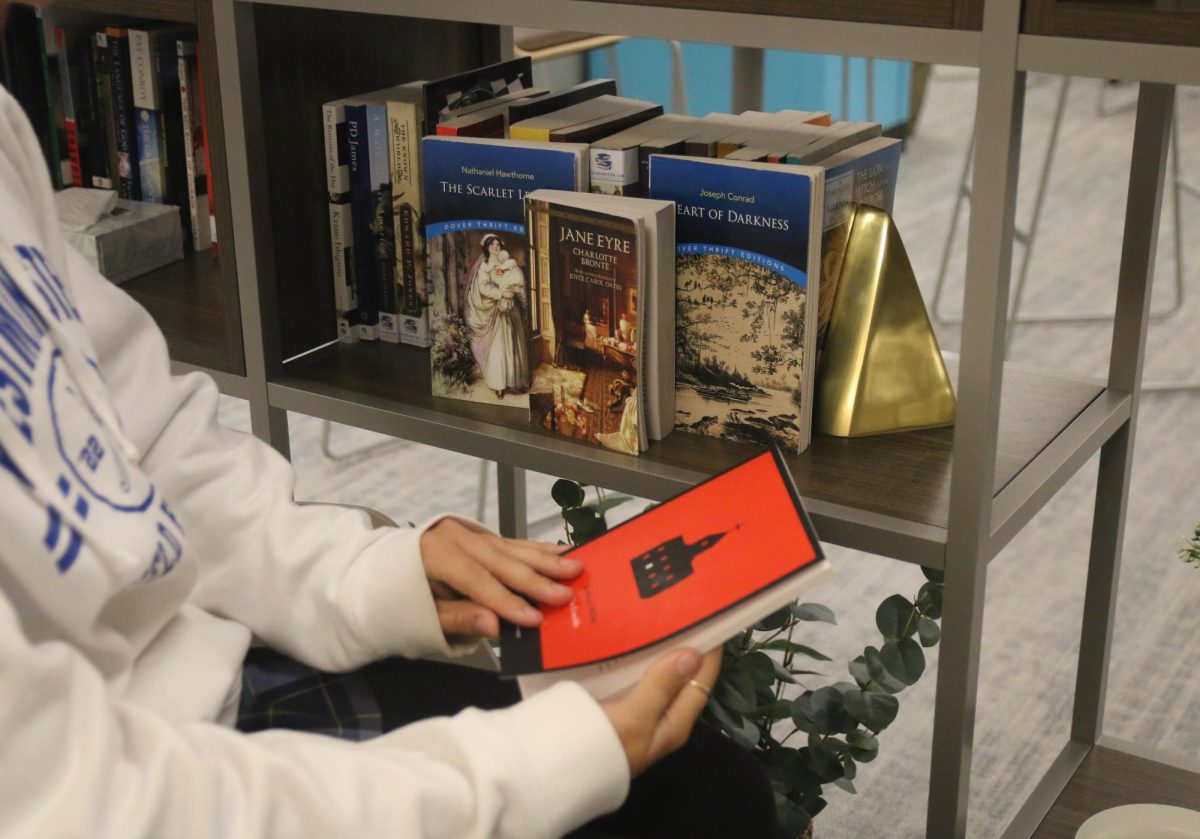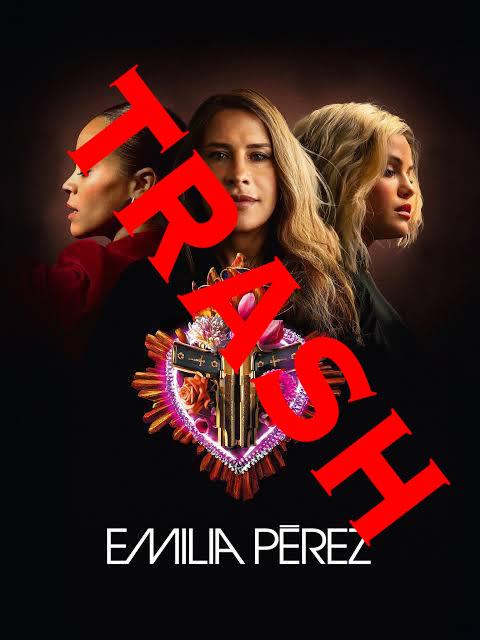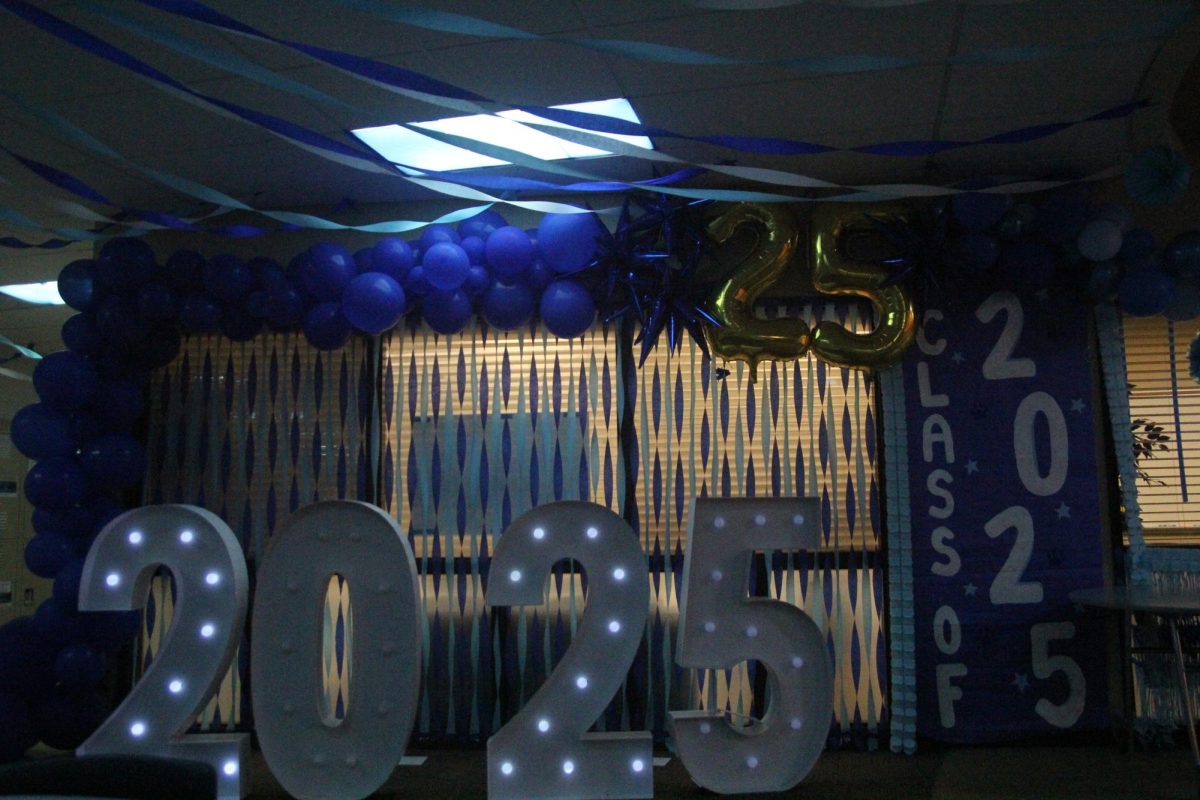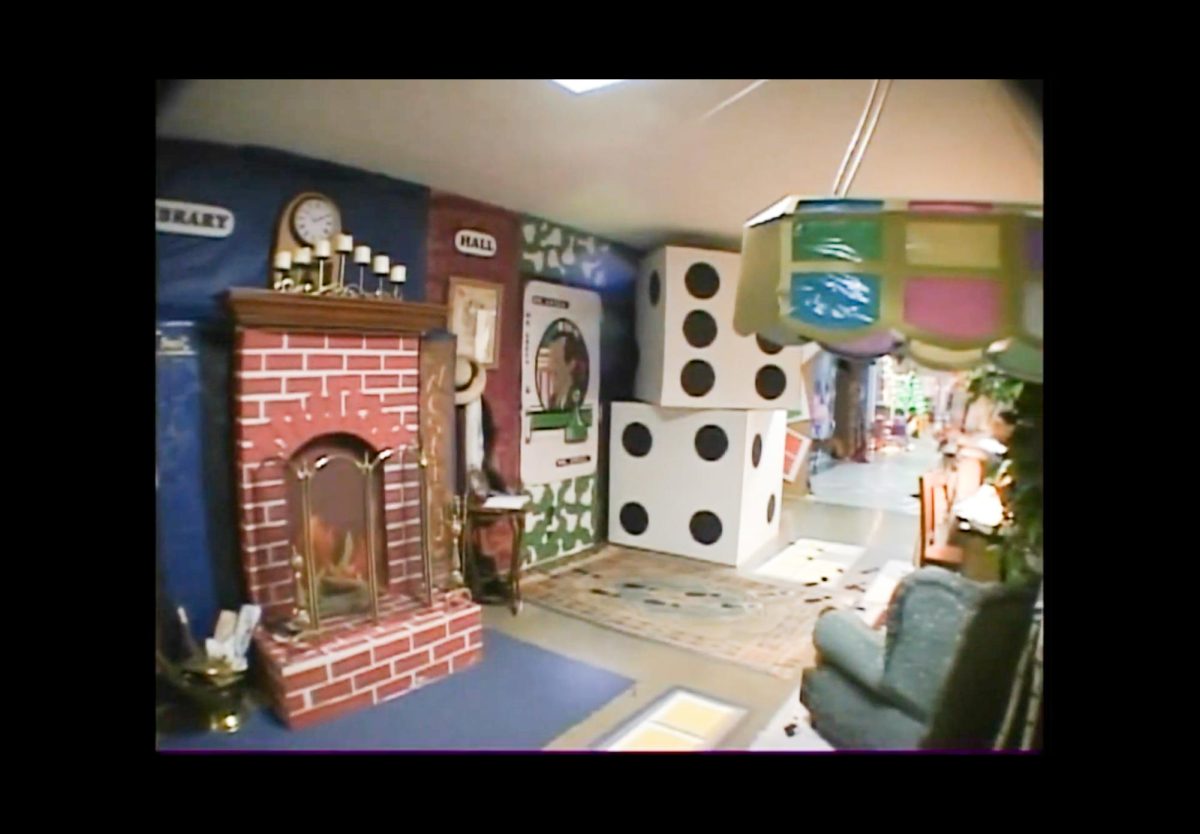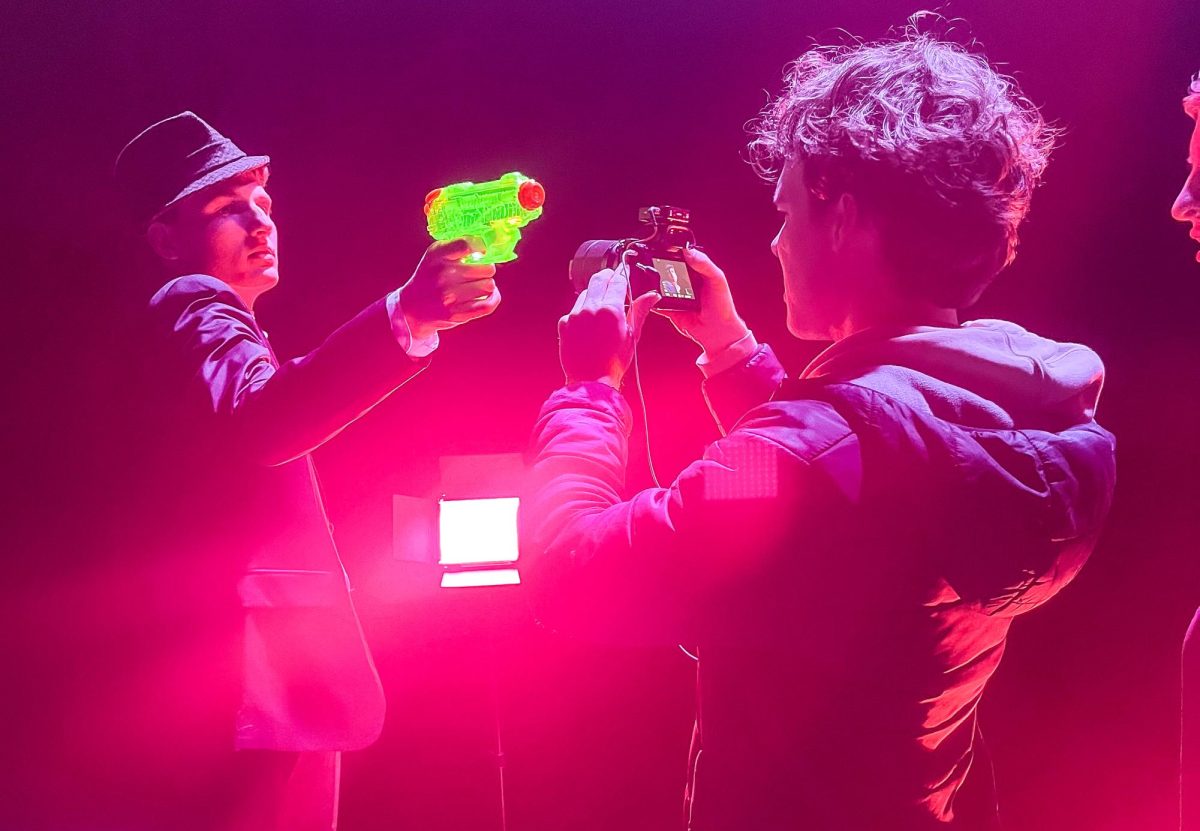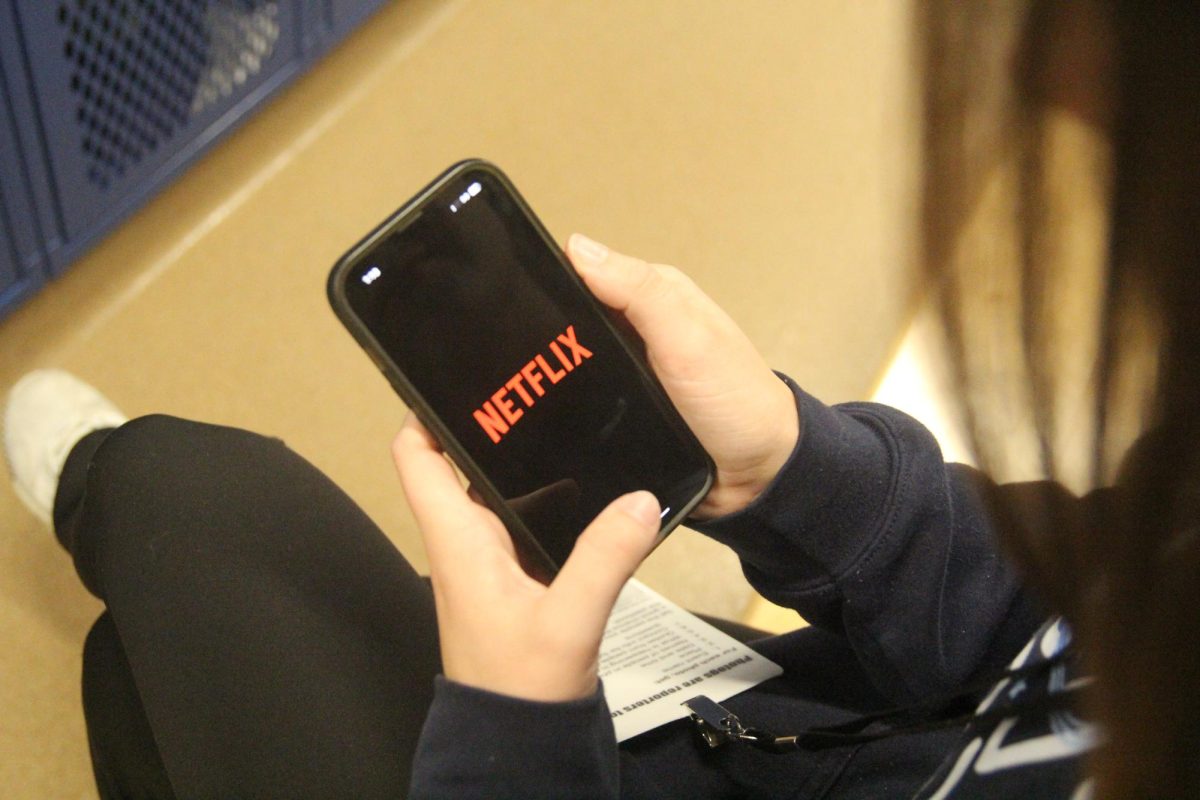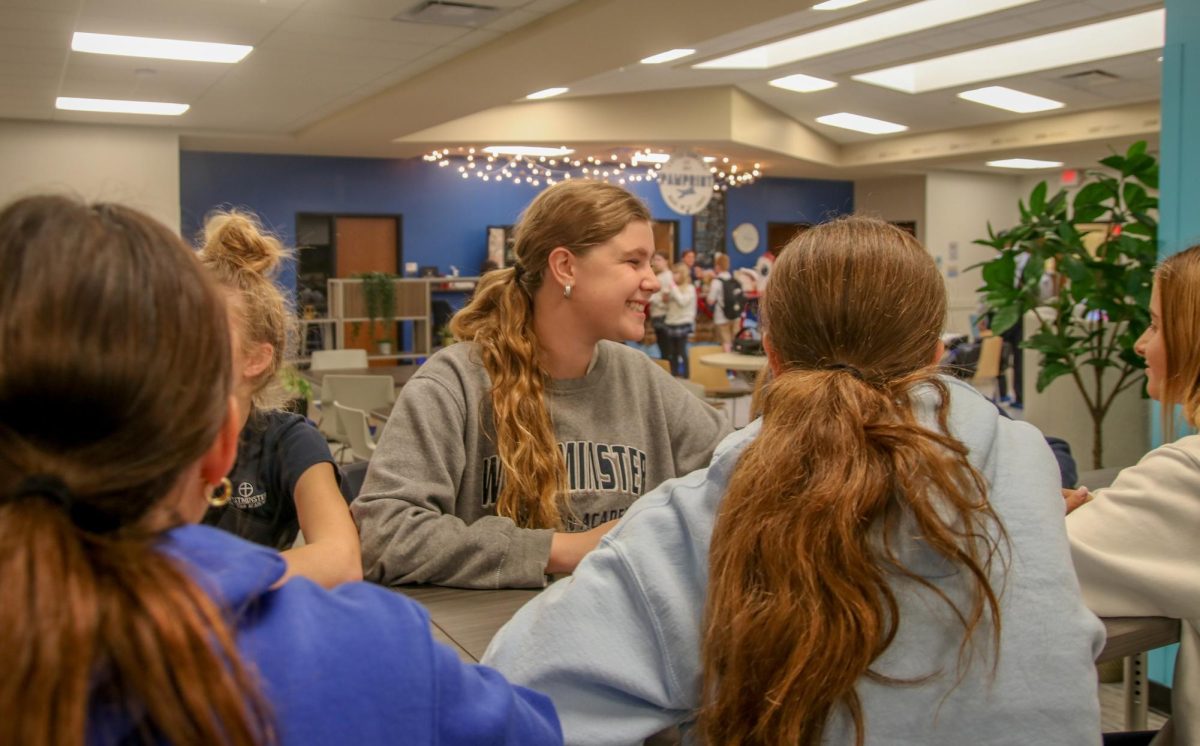If you’ve taken any Westminster English classes, it’s likely that you have come across a book with some controversial content. To name a few, To Kill a Mockingbird, The Crucible, and Heart of Darkness, all contain racial, sexual, and other dark themes. In our current climate, it is not uncommon for people to call for the banning of books containing these topics. Already, English teachers face push back for the content in their curriculum. However, would this actually be beneficial for students, or would this only hurt them more? Furthermore, how can Westminster expect to prepare its students for the real world if they aren’t introduced to it in potential “controversial” content. In other words, reading only “safe” books makes it nearly impossible for students to be properly prepared for the real world.
Westminster’s mission statement is to prepare and equip young men and women to engage the world and change it for Jesus Christ. This is reflected in how books are selected according to the material selection guide which states that,
“Teachers must choose materials for their classes that not only point to the beauty of God’s creation and the wonder of His work on our behalf but to the impact of the Fall as well.” By doing this, teachers are able to help students to, “Understand the world in which they live and how they can seek to have an impact upon it under God’s direction for their lives.”
The idea of rashly banning books with sensitive content is a difficult issue. However, I think that it is important to recognize the detrimental effects that only reading “safe” books could have on developing adults.
“If we don’t deal with it now, when will we?” said Heidi Theis, 9th and 10th grade English teacher.
By failing to expose students to books with more complex and often dark themes, Westminster would not be fulfilling the most essential part of their mission statement, equipping students to face the real world. However, this is not to say that explicit content should be present in the curriculum.
This brings us the fundamental disagreement between parents and teachers of what subject matters are explicit and or triggering to certain kids.
“When choosing content it is important to avoid things that are only for the purpose of shock and awe.” said Kyle Roff, upper school english teacher.
There are many books that Westminster teacher’s choose not to teach based on the content that is present being too much for young people to read. If books are chosen simply to elicit a reaction among students, then teachers have missed the point. In considering both the purpose of the content as well as the age range of the students that they are teaching, teachers are able to introduce books with themes that do not reflect Christian values. By doing this, students can apply the accept and reject model to the many different worldviews they encounter in literature in a safe environment preparing them to one day do it on their own.
In the world we live in, many people are quick to call for a ban on a book they disagree with. However, one of the best ways I have heard this issue dealt with is through the words of Alan Jacob’s Breaking Bread with the Dead, taught by Mr. Gall in his senior AP Literature Class,
“If we find that the writer’s views are ethnocentric or sexist or racist, we reject the application, and we bar his or her entry into the present. But it isn’t the writer who’s the time traveler. It’s the reader.”
This is what many people miss when attempting to ban a book both in and out of the classroom. Judging the past through the lens of the present doesn’t allow a person to properly identify anything. Yes, we can absolutely say that there are topics in which we agree or disagree, but we are not in the climate of the time in which the novel was written. This prevents us from being able to see the issues that may have impacted the way that the author was thinking at the time. Because of this, we are not bringing a book into the present to judge, but instead stepping back into the world of the author to look around.



